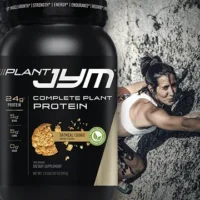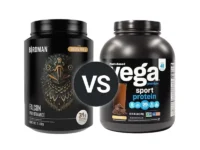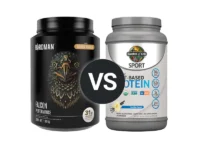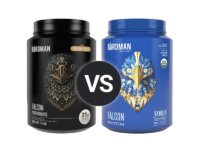Knowledge BaseYou're Questions Answered
Is pea protein powder easy to digest?
Pea protein powder is a plant-based supplement derived from yellow split peas. It has become increasingly popular due to its allergen-friendly profile, being naturally free from dairy, gluten, and soy. For many individuals, especially those with digestive sensitivities or dietary restrictions, the digestibility of a protein supplement is an important factor. Pea protein is often praised for being gentle on the stomach, but there are a few nuances to consider.
Digestibility of Pea Protein Powder
1. High Digestibility Score
Pea protein has a relatively high digestibility, often measured using the Protein Digestibility-Corrected Amino Acid Score (PDCAAS). Its PDCAAS typically ranges from 0.89 to 0.93 out of 1.0, indicating it is well absorbed and utilized by the body. While not quite as high as whey or egg protein, it still ranks well among plant-based options and provides good support for muscle repair and general nutrition.
2. Naturally Low Allergenicity
Unlike some other plant proteins like soy or wheat, pea protein is not a common allergen and does not contain gluten or lactose. This makes it suitable for individuals with sensitivities to dairy or grains and reduces the risk of digestive discomfort associated with those allergens.
3. Gentle on the Gut
Pea protein is typically free of fiber and anti-nutrients like phytic acid and lectins, which can impair nutrient absorption or cause bloating in some plant-based foods. The processing involved in making pea protein powder helps remove most of these compounds, further improving digestibility for most users.
Potential Digestive Concerns
- Individual Sensitivities: While rare, some individuals may experience gas or bloating when first introducing pea protein, particularly if consuming large amounts or if their gut microbiome is not accustomed to legumes.
- Blended Formulas: Some blended plant protein powders that include pea protein may also contain other ingredients (like inulin or chicory root fiber) that could impact digestion. Always check the ingredient list if you have known sensitivities.
Usage Tips for Improved Digestion
- Start with Smaller Servings: If you're new to pea protein, begin with half a scoop to assess tolerance.
- Hydration: Mix with enough water or plant milk to allow for smooth digestion and prevent clumping.
- Look for Isolated Pea Protein: Pure pea protein isolate tends to be easier to digest than less refined versions or blends with additives.
Pea protein powder is generally considered easy to digest for most people. It has a high digestibility score, is low in common allergens, and is processed to remove most anti-nutrients. While a small number of individuals may experience minor discomfort, this is typically resolved by adjusting the serving size or choosing a high-quality, clean-label product. For those seeking a gentle, plant-based protein source, pea protein is an excellent option.
Related Questions
Related Reviews
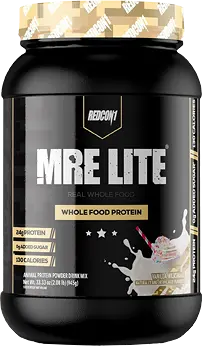
Your Answer
We are a participant in the Amazon Services LLC Associates Program, an affiliate advertising program designed to provide a means for us to earn fees by linking to Amazon.com and affiliated sites.


